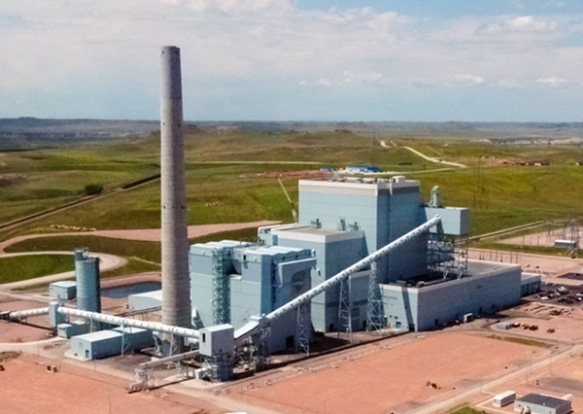Japan's Okinawa Electric Plans to Trial Using Hydrogen at Gas-Fired Power Plant
(Reuters) — Japan's Okinawa Electric Power plans to start co-firing hydrogen on a trial basis at a commercial gas-fired power plant from March in a bid to reduce carbon dioxide (CO2) emissions, its president said on Friday.
The utility aims to achieve a hydrogen co-firing rate of 30% at the 35-megawatt (MW) unit of its Yoshinoura thermal power station in the southern island of Okinawa. The trial is scheduled to run until sometime between April and September.
"The establishment of hydrogen co-firing technology is a key initiative that can help us achieve two goals: expanding renewable energy and slashing CO2 emissions," President Hiroyuki Motonaga told reporters.
The company plans to use the hydrogen by-product of local chemical plants as well as compressed hydrogen, it said.
If the trial is successful, the utility will consider co-firing hydrogen on a regular basis, Motonaga said.
More than 90% of Okinawa Electric's power sources are fossil fuels, mainly coal, and there is no nuclear or hydroelectric power due to geographical and topographical constraints.
The company aims to reduce its emissions by 30% from 2005 levels by 2030 by cutting coal usage and boosting the use of LNG and renewable energy.
Japanese utilities are trying to slash CO2 emissions by mixing hydrogen and ammonia with fossil fuels in thermal power stations, but these new fuels are significantly more costly and have drawn criticism from climate activists who say it is a way to extend the usage of more polluting fossil fuels.
Related News
Related News

- Keystone Oil Pipeline Resumes Operations After Temporary Shutdown
- Freeport LNG Plant Runs Near Zero Consumption for Fifth Day
- Biden Administration Buys Oil for Emergency Reserve Above Target Price
- Mexico Seizes Air Liquide's Hydrogen Plant at Pemex Refinery
- Enbridge to Invest $500 Million in Pipeline Assets, Including Expansion of 850-Mile Gray Oak Pipeline





Comments